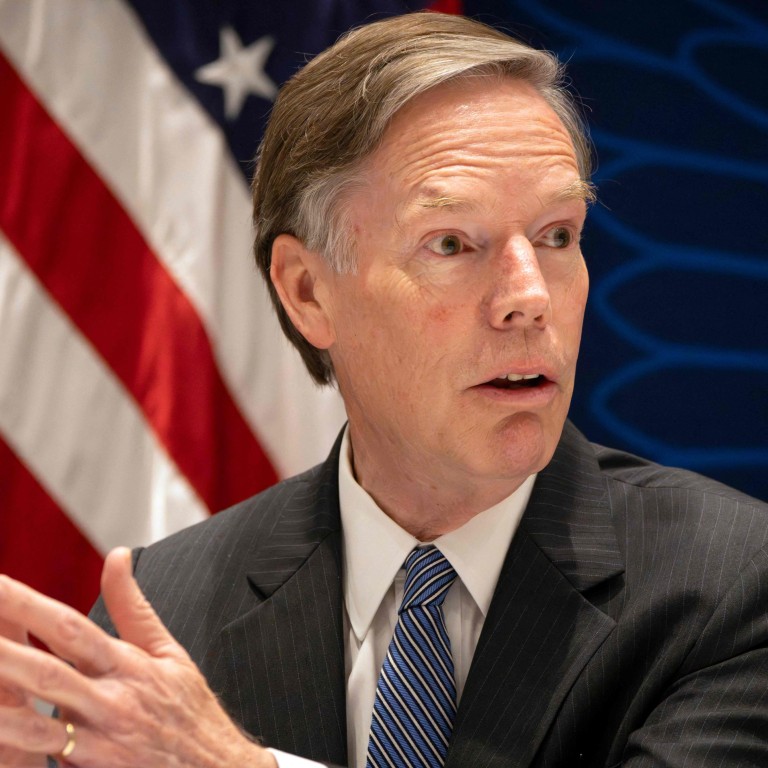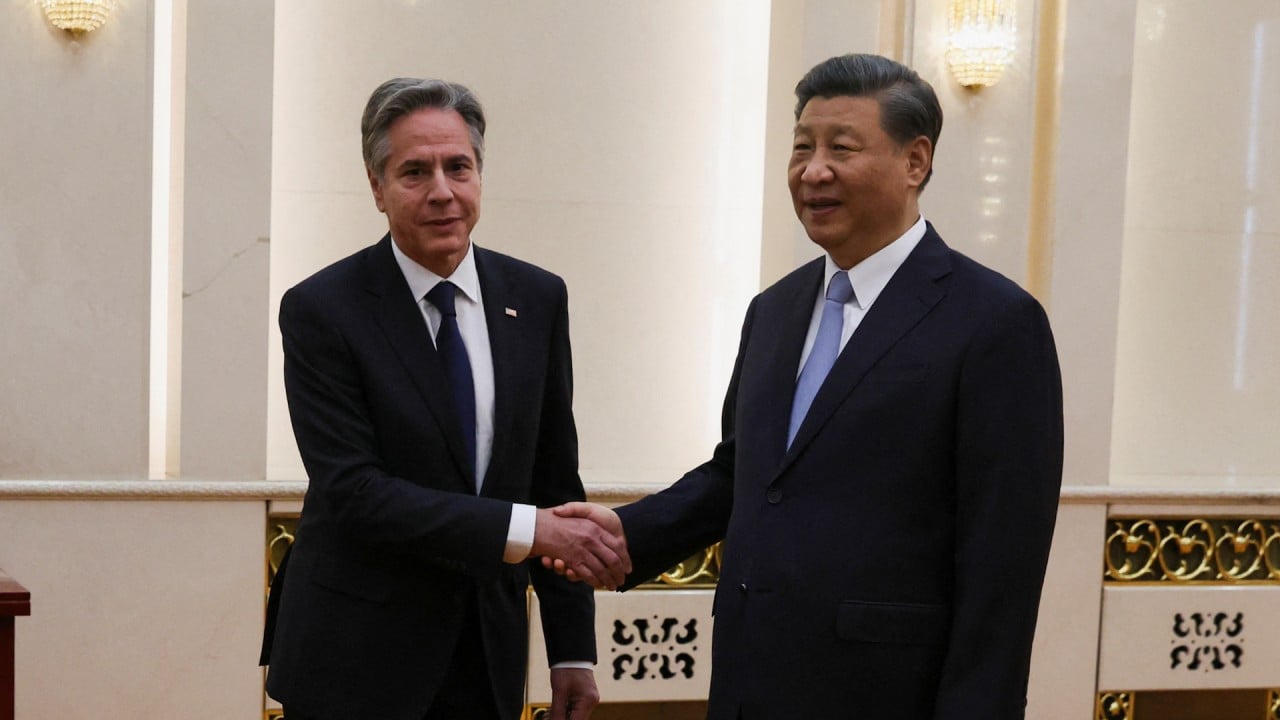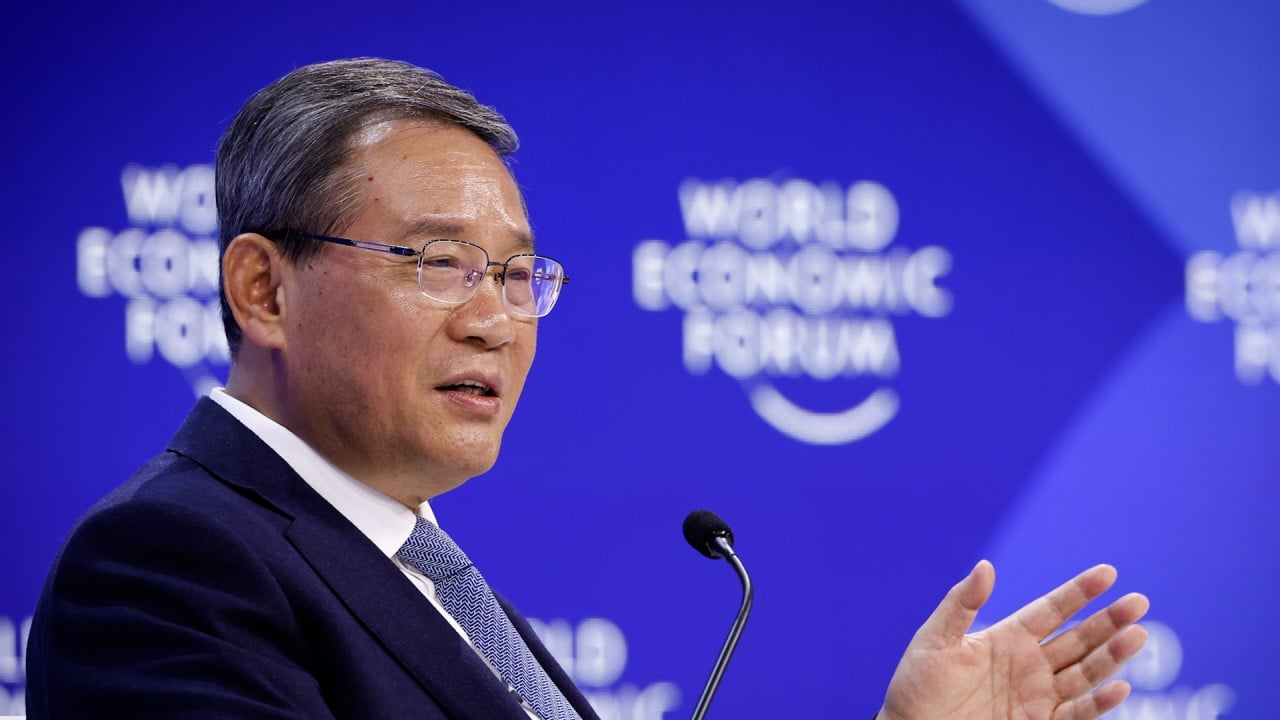
China-US relations: ties still competitive despite being ‘notably stabilised’, US ambassador says
- Nicholas Burns addresses Lunar New Year gala hosted by the China General Chamber of Commerce on the state of bilateral relationship
- Xu Xueyuan, deputy chief of mission and minister at China’s embassy, says ‘win-win cooperation’ is ‘only correct way’ for US and China to get along
“There will always be a competitive relationship between our two countries,” he said, adding that the two global military and economic powers were now “better connected” amid “major differences”.
Burns was addressing a Lunar New Year gala hosted by the China General Chamber of Commerce, a New York-based non-profit organisation that works to promote US-China business cooperation.
He made clear that Washington was unwilling to “compromise” on national security and stressed that keeping “sensitive” technology such as advanced chips out of China and re-routing the flow of critical minerals “much closer to home” made “great sense” for the United States.
The South China Sea and Taiwan may be twin powder kegs, but which is riskier?
However, he reiterated that the US was not trying to decouple from the world’s second-largest economy as well as one of its top trading partners and export markets for agriculture products.
The comments followed a speech by Xu Xueyuan, the deputy chief of mission and minister at the Chinese embassy in the US, who called “win-win cooperation” the “only correct way” for the US and China to get along.
Quoting Xi’s remarks during his San Francisco visit, Xu said China was “ready to be a partner and a friend” to the US despite the recent “ups and downs”.
Since October 2022, the Biden administration has imposed restrictions on the export of advanced semiconductors and related manufacturing equipment and technologies to China. The controls are likely to expand this year.
Last year, Biden signed an executive order to ban some American investment in Chinese companies working on cutting-edge technologies in China.
Several Biden officials have used the phrase “a small yard and high fence” to describe the administration’s intent to continue most trade and economic ties with China other than the restricted fields.
On Thursday Xu said it was “obviously self contradictory” to keep building a small yard and high fence for “alleged” national security concerns while claiming there was no intention to contain China’s development.
“Such moves will ultimately serve no one’s interest,” she said.
More US-China engagement coming this year despite ‘differences’: Antony Blinken
In a video message to the Lunar New Year event, Chinese Commerce Minister Wang Wentao said moves such as additional tariffs on Chinese goods, tightened export controls and restricted investment had not only “harmed” the interests of the two countries but also “destabilised industrial chains and supply chains”.
He vowed to “redouble efforts to provide predictability for Chinese and US businesses”, adding that some in the US viewed China as a rival and target of “suppression and containment” because of “misunderstanding and miscalculation”.



